
Bethany Brookshire was a longtime staff writer at Science News Explores and is the author of the book Pests: How Humans Create Animal Villains. She has a B.S. in biology and a B.A. in philosophy from The College of William and Mary, and a Ph.D. in physiology and pharmacology from Wake Forest University School of Medicine. She was a 2019-2020 Knight Science Journalism Fellow at MIT, the winner of the Society for Neuroscience Next Generation Award and the Three Quarks Daily Science Writing Award, among others.

All Stories by Bethany Brookshire
-
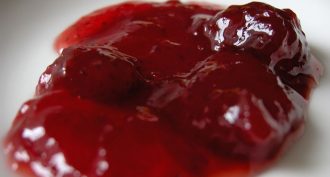 Materials Science
Materials ScienceScientists Say: Colloid
When water hovers in the air as fog and when bits of fat disperse in water as milk, they form a type of substance called a colloid.
-
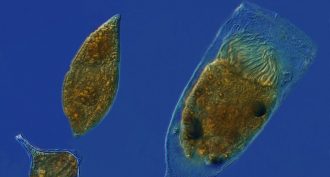 Animals
AnimalsScientists Say: Plankter
Plankton is the word used to describe a collection of these tiny free-floating organisms. This is what you call just one.
-
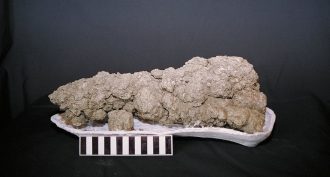 Fossils
FossilsScientists Say: Coprolite
Every living thing and signs of its existence — right down to their wastes — can fossilize under the right conditions. When poop fossilizes, it gets a special name.
-
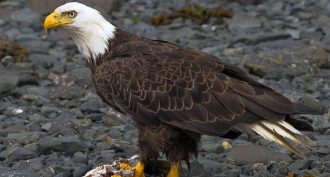 Ecosystems
EcosystemsScientists say: Biomagnify
Chemicals in the environment can build up in an animal’s tissues. Predators who feed on these animals can accumulate more and more of the pollutants, a process known as biomagnification.
-
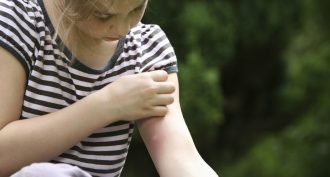 Health & Medicine
Health & MedicineScientists say: Inflammation
When cells are injured, they send out distress signals. The rescuing cells cause more blood to flow to the area, producing inflammation.
-
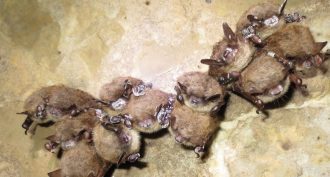 Animals
AnimalsPicture This: Winter brings white noses
White-nose syndrome, caused by a fungus, has killed millions of bats in the eastern United States. Now, scientists show that the disease comes and goes, by season. The finding could help scientists more effectively target any treatments.
-
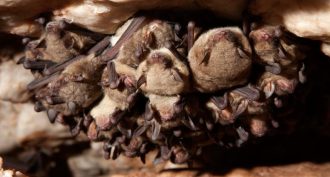 Animals
AnimalsScientists say: Hibernaculum
This week’s word is hibernaculum, the word scientists use to describe the place where an animal goes to hibernate.
-
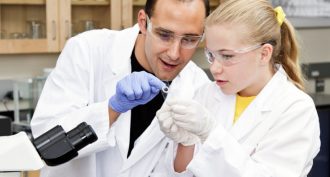 Science & Society
Science & SocietyA teacher’s guide to mentoring in STEM
Many people in STEM careers credit mentors for their success. But a good mentor is more than just a teacher.
-
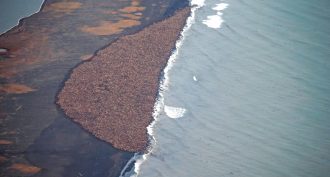 Animals
AnimalsPicture this: Too many walruses
A giant herd of walruses have hauled out onto a beach in Alaska. They don’t belong there, but with no ice nearby, they have taken to land.
-
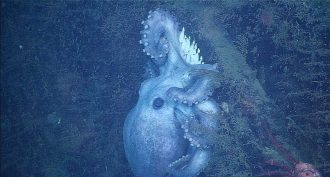 Animals
AnimalsOctopus sets egg-nurturing record
Animals will do extraordinary things to help their babies survive. Consider ‘Octomom:’ She sat on one clutch of eggs for nearly 4.5 years.